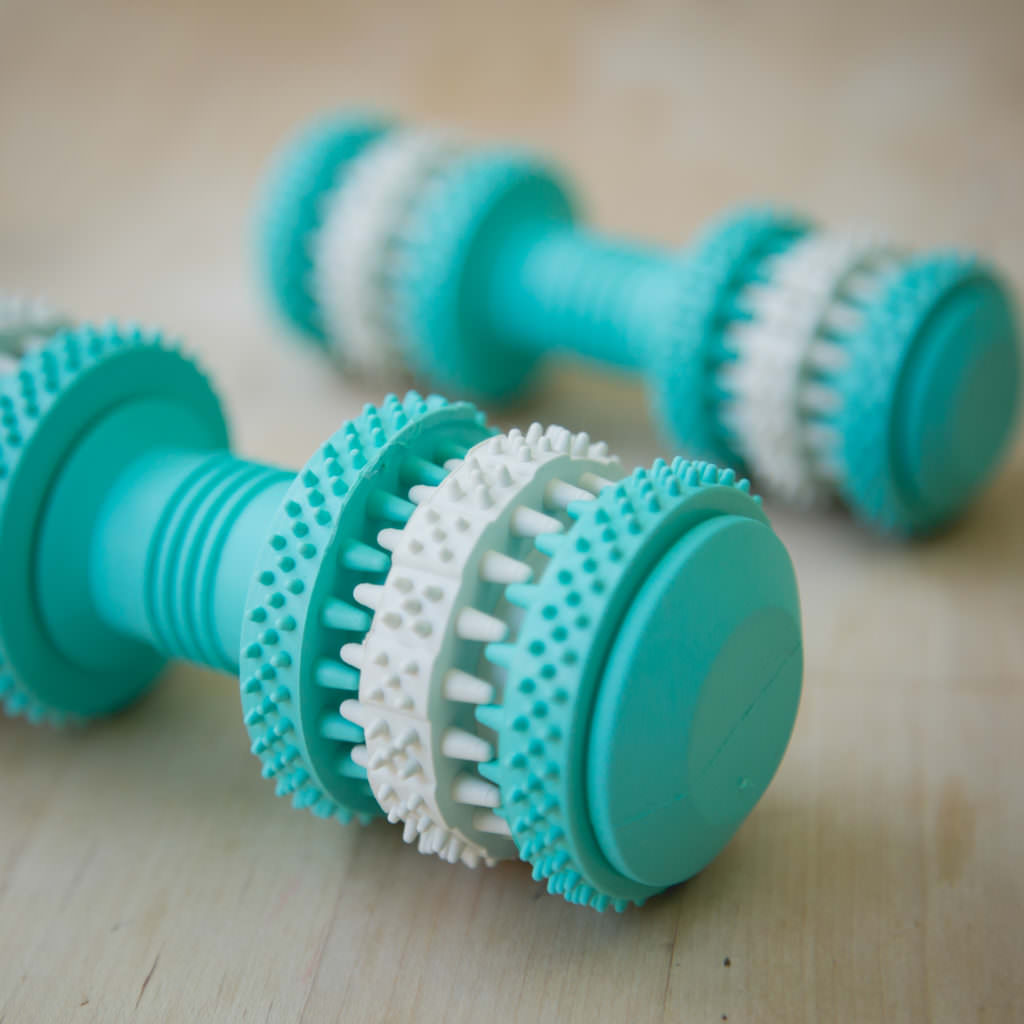Dental health plays a major role in a dog’s overall wellness. Unfortunately, certain breeds are predisposed to painful, disease-causing conditions of the teeth and gums.
Without treatment and prevention, dental issues can cause pain, foul breath, inflammation and infections resulting in tooth loss. Worst of all, life-threatening heart, liver and kidney disease can develop.
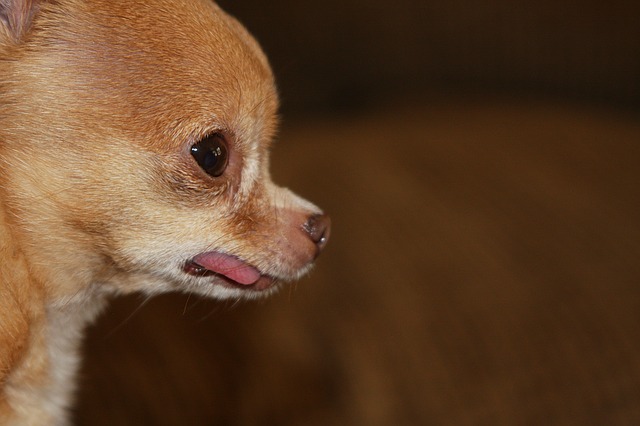
Knowing the dental concerns that your particular dog is likely to face gives you the power to help prevent and minimize the damage. The following 10 popular dog breeds are genetically prone to dental disease.
1. Pug
These round-headed cuties suffer from crowding of the teeth thanks to their teeny-tiny jaws. Other short-muzzled breeds like English Bulldogs, Boston Terriers, Shih Tzus and Brussells Griffons face the same problem. Crowding leads to plaque build-up, gingivitis, periodontal disease, and finally, painful tooth loss.
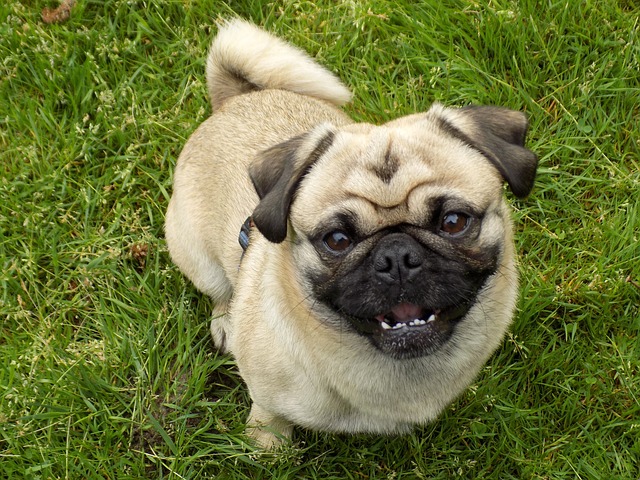
2. Yorkshire Terrier
Genetic predispositions for early dental issues combined with retained baby teeth and hair caught in the mouth leads to plaque buildup in the Yorkie. Over time, foul breath and excessive tooth decay will result. Adding home dental care to your Yorkie’s grooming routine is very beneficial to their long-term health.
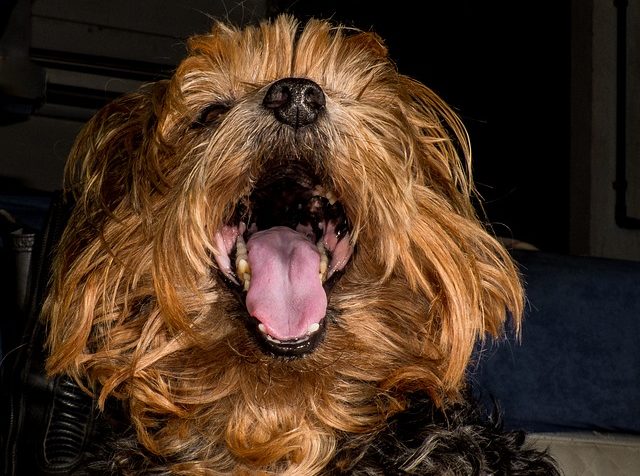
3. Sheltie
The long, slender muzzle of the Shetland Sheepdog makes them prone to some very unique dental issues. They are often born with uneven bite patterns – underbites or overbites. The incisors may rotate and point outwards, causing gum pain, and the canine teeth may grow sideways and point out to the sides – a condition called Lance canines. Other teeth may never grow in at all or fall out extremely early.
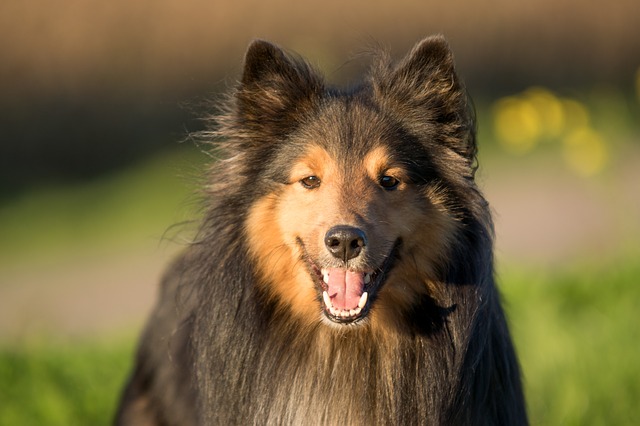
4. Chihuahua
Another Toy breed known for dental crowding and retained baby teeth, Chihuahuas face issues because of their tiny teeth and muzzles.
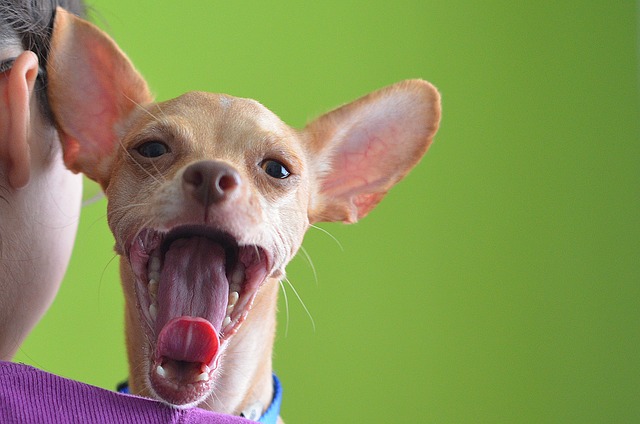
How about some play action while cleaning those pearly whites?? Try the Fresh Mint Scented Brushing Bone by Project Play ™
Also available is the Fresh Mint Scented Brushing Ball by Project Play ™
5. Cavalier King Charles Spaniel
Cavvies face many of the same issues as their fellow Toy breed, the Yorkie. They are known to suffer from tartar buildup, gingivitis and early tooth decay and loss.
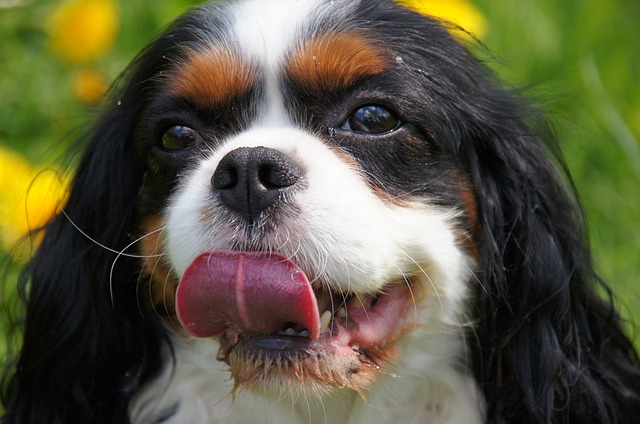
6. Greyhound
The Greyhound and his close cousins, the Italian Greyhound and the Whippet, have a high rate of early-onset periodontal disease. They are also prone to several genetic conditions of the tooth enamel that can leave them at risk for painful infections, root exposure and tooth loss.
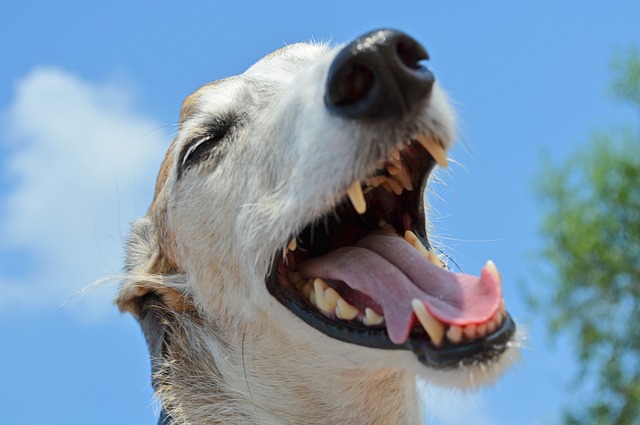
7. Dachshund
Doxies have long, narrow muzzles like Shelties, and also tiny teeth and jaws like Chihuahuas. The result is a propensity for gingivitis, periodontal disease and halitosis.
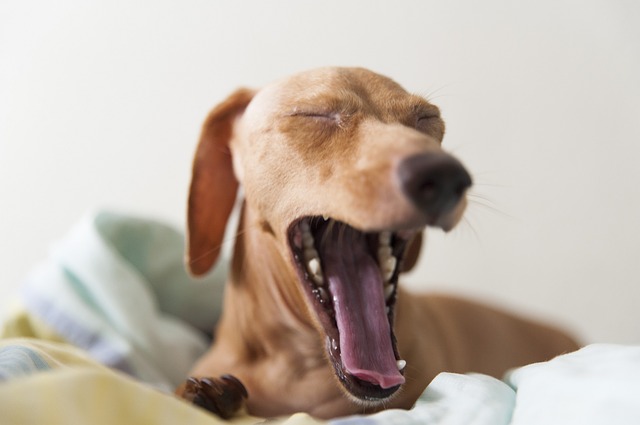
8. Maltese
Maltese are notorious for being late bloomers. Their baby teeth often come in far later than other breeds and take much longer to fall out – if they fall out at all. These toy dogs also suffer from crowding plus tartar and plaque buildup. They are known for gingivitis, periodontal disease and early tooth loss.
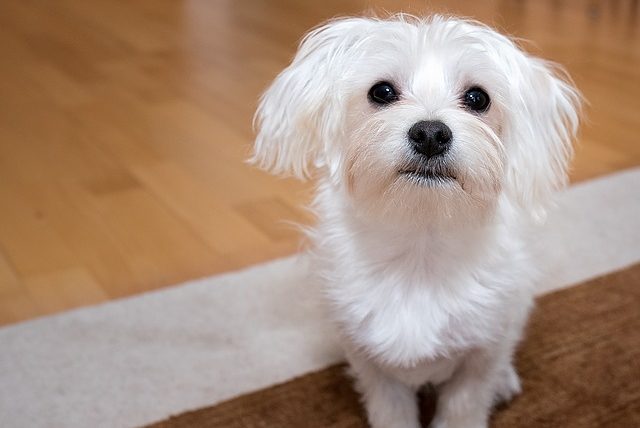
9. Chinese Crested
There is a link between hairlessness and tooth loss in this breed. Their teeth grow in soft and peg-like with shallow roots. A variety of dental problems strike early and often plague the hairless variety of the breed throughout their entire life.
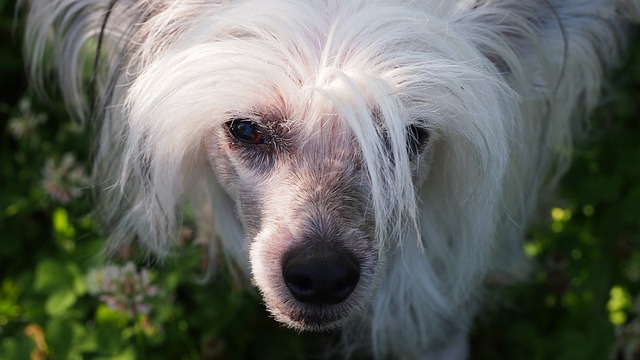
10. Poodle
Like the Maltese, the toy variety of the breed often develop and lose their baby teeth very late. Tartar buildup and trapped hair contribute to their predisposition for periodontal disease.

Dental chews are a great option to help keep those teeth nice and clean–along with fresh breath–in between your dog’s cleaning. Don’t know which type to choose? Dogs love our grain and gluten free options. Proceeds even feed hungry shelter pups waiting for loving homes.
These statements have not been evaluated by the Food and Drug Administration. This product is not intended to diagnose, treat, cure, or prevent any disease. The information on this website is not intended to replace a one-on-one relationship with a qualified healthcare professional.
